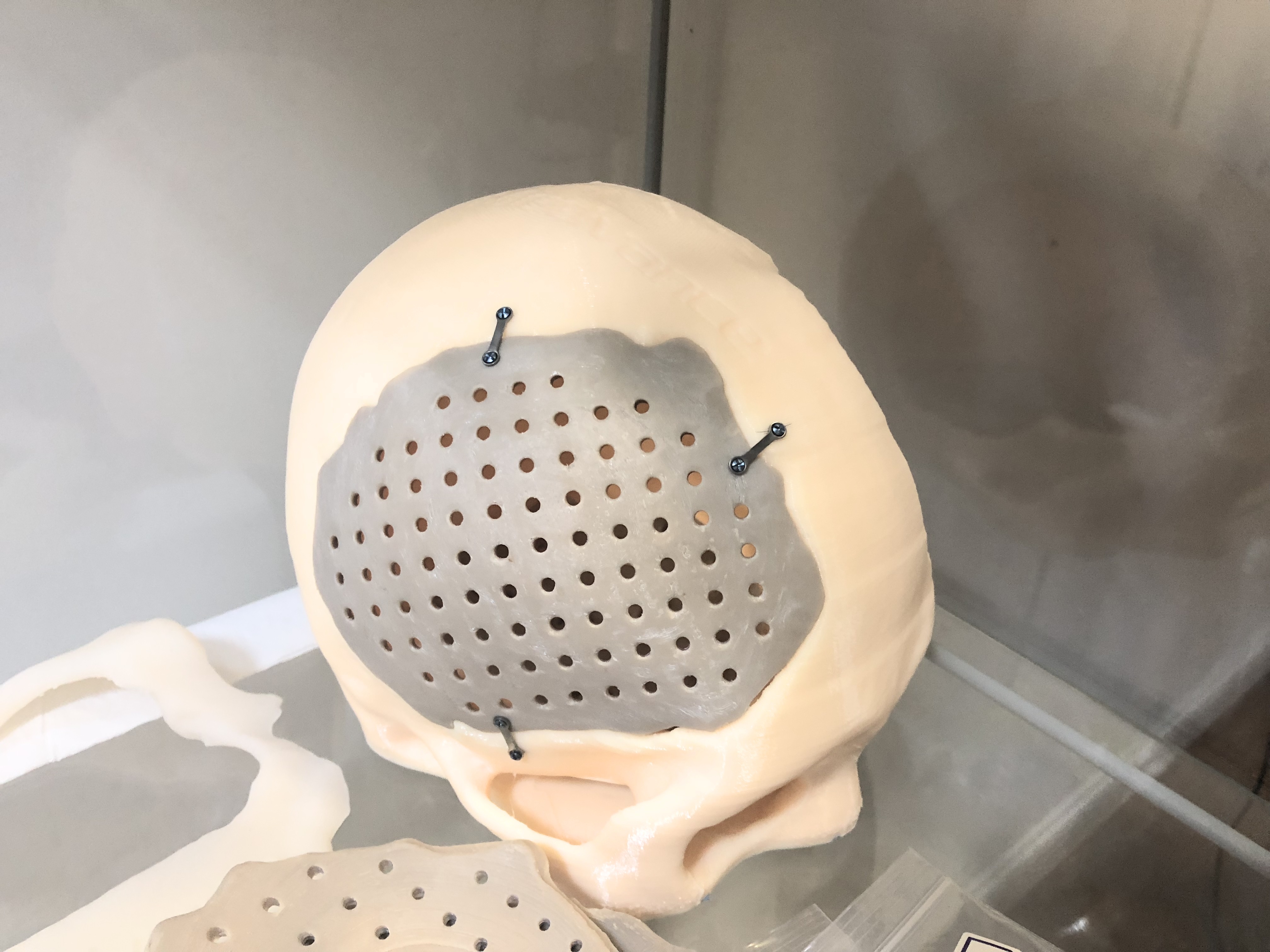
Evonik Venture Capital has reportedly invested in a 3D-printing start-up in China that makes implants for neuro and spine surgery.
According to Evonik, Shanghai-based Meditool makes software that can read and process images from magnetic resonance imaging (MRI) or computed tomography scan (CT) devices. A 3D model is then generated by the software and sent to the printer. The implants are 3D printed with a polyetheretherketone (PEEK) polymer supplied by Evonik.
‘Meditool’s technology pays directly into our strategy of expanding in high-tech applications for our additive manufacturing materials,’ said Thomas Grosse-Puppendahl, head of Evonik additive manufacturing.
‘This is our first direct investment in China and our first direct investment after initiating our second venture capital fund this year,’ said Bernhard Mohr, head of Evonik Venture Capital. ‘Meditool is a good example of how venture capital is helping Evonik secure access to disruptive technologies.’
This story uses material from Evonik, with editorial changes made by Materials Today. The views expressed in this article do not necessarily represent those of Elsevier.





